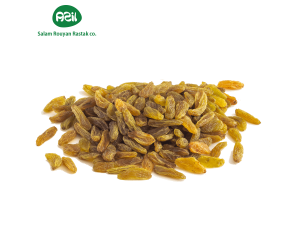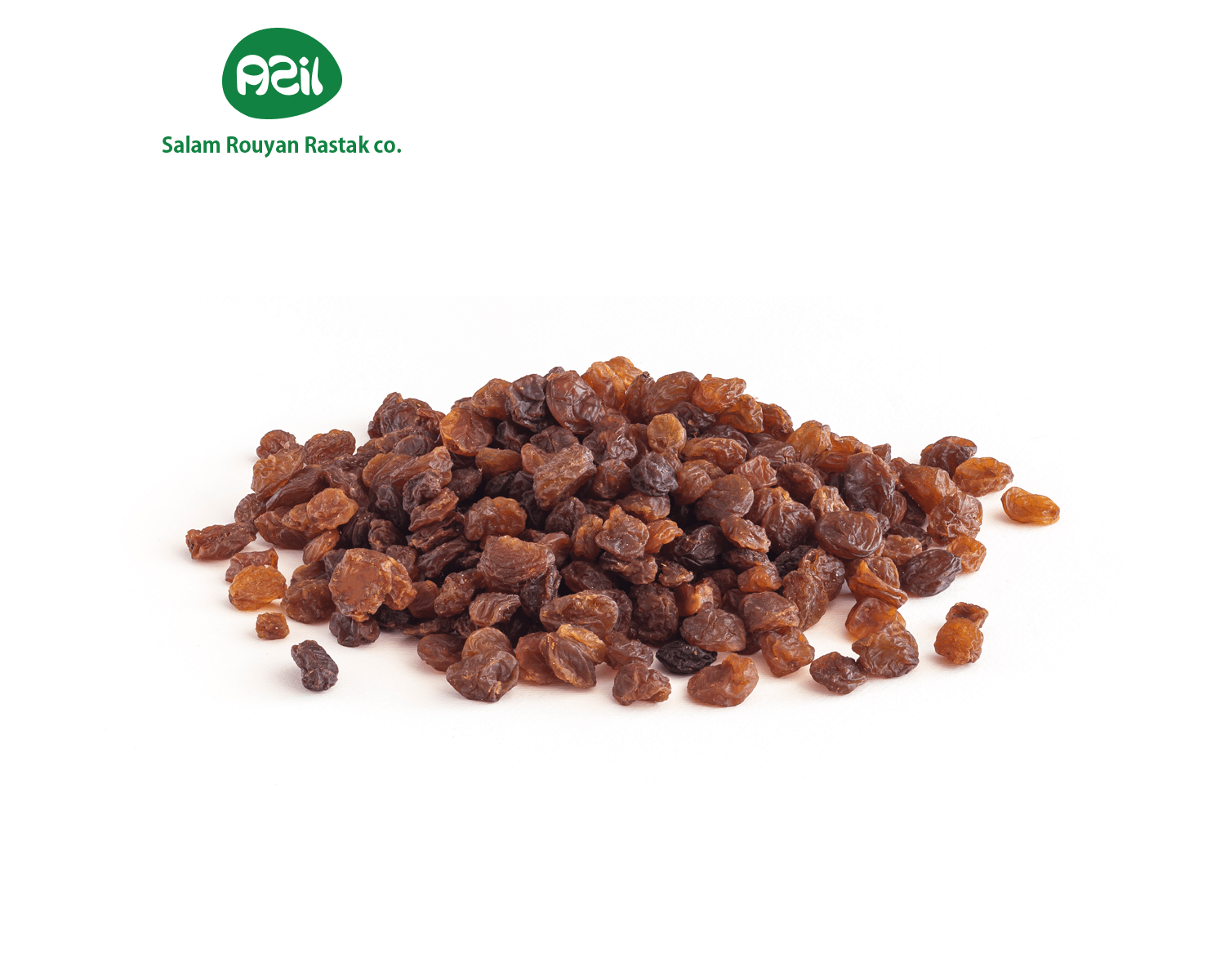Persian Raisins in Charity Events
Persian raisins, with their sweet richness, bring warmth to Iran’s charity events, spreading kindness through tradition. Known as “keshmesh,” these dried grapes are shared to support communities in need. For example, families distribute them in food baskets during Ramadan to aid the less fortunate. This article explores how Persian raisins enhance charitable acts, their cultural significance, and their health benefits. We’ll also dive into their production, preparation, and global appeal. As exporters of saffron, nuts, and more, we share Iran’s finest keshmesh too. So, discover why these raisins are a charity treasure, how they’re used in Persian goodwill, and why they’re cherished worldwide. Join us to explore this sweet gem and see what makes it a Persian tradition of giving!
Introduction
Persian raisins add a sweet richness to Iran’s charity events, embodying the spirit of kindness through tradition. Iranians call these dried grapes “keshmesh,” sourcing them from regions like Malayer, and they symbolize generosity in acts of giving. Families share this sweet gem in food baskets to support those in need. We export saffron, nuts, and dates, but this isn’t just about trade—it’s about their role in charitable acts. Therefore, this article explores how Persian raisins enhance goodwill traditions, their cultural significance, and their health benefits. Let’s uncover this heartwarming practice!
Persian Raisins in Ramadan Charity Baskets

Azil Organic Green Raisins
In Persian culture, families use Persian raisins in Ramadan charity baskets to help the less fortunate. They often include keshmesh alongside rice and oil for a nourishing gift. For instance, many distribute these baskets to neighbors before iftar to share blessings. Also, they add this sweet gem to dried fruit mixes for extra sweetness. This tradition fosters compassion, so Persian raisins are a charity favorite.
Keshmesh in Charity Event Snacks
Beyond Ramadan, keshmesh plays a key role in snacks at Persian charity events. Families use Persian raisins in trail mixes handed out at community fundraisers. They also mix this sweet gem into cookies for children at orphanage visits. Another initiative involves serving keshmesh with tea during charity bazaars to welcome donors. These snacks often create a sense of unity, showcasing generosity. As a result, this sweet gem enhances charity events across Iran.
How Farmers Produce This Sweet Gem
Farmers carefully produce this sweet gem to ensure it’s ready for charity use. The process starts with growing grapes in summer, so they ripen by early fall. They harvest the grapes by hand when they’re fully sweet. Then, they dry keshmesh in the sun or shade to preserve their flavor. Finally, they sort the dried grapes to ensure quality for distribution. This method keeps Persian raisins fresh for charity efforts throughout Iran.
Preparing Persian Raisins for Charity Events
Families prepare Persian raisins to shine in charity initiatives. For example, they wash keshmesh thoroughly to include in food baskets for cleanliness. They also soak this sweet gem in water to plump them up for snack mixes. Another method involves mixing raisins with nuts for a balanced treat at events. Some even bake keshmesh into bread for charity bake sales. Because of these preparations, this sweet gem supports every act of giving.
Health Benefits of This Sweet Gem
This sweet gem offers health benefits that suit charity recipients. Persian raisins provide natural sugars, offering quick energy for those in need. They also contain fiber, aiding digestion for balanced nutrition. Moreover, their iron supports blood health, a relief for undernourished communities, per studies. Their antioxidants boost immunity, enhancing overall wellness. Therefore, distributing keshmesh in charity means sharing health with every bite.
Cultural Significance of Keshmesh in Charity
In Iran, keshmesh holds deep cultural significance in charity traditions. Using Persian raisins in giving symbolizes kindness, a value rooted in Persian ethics. Ancient customs mention this sweet gem in almsgiving to honor communal support. Also, keshmesh often appears in Ramadan charity baskets, representing care for others. In rural areas, these raisins signify solidarity with the less fortunate. Consequently, this sweet gem weaves tradition into Iran’s charitable acts.
Raisins and Iran’s Charity Heritage
Iran’s charity heritage thrives with this sweet gem. Farmers in Malayer grow Persian raisins, supporting communities who rely on them for giving. Since they’re a traditional staple, using keshmesh in charity shows cultural pride. Bazaars buzz with raisin sales before Ramadan, delighting families who give back. We export saffron, nuts, and these treasures, connecting them to Persian heritage. Thus, this sweet gem remains a cornerstone of Iran’s charity traditions.
Global Appeal of Persian Raisins
Around the world, people embrace this sweet gem in their own charity efforts. Its rich flavor makes it a favorite for global organizations distributing food aid. For example, Middle Eastern charities use Persian raisins in relief packages, inspired by Iranian customs. Also, global markets sell keshmesh for charity recipes, spreading its charm. In Africa, groups include these raisins in school meal programs. Iran shares this sweet gem worldwide, so its charity appeal grows.
Challenges with Using This Dried Grape
Using this dried grape for charity can face hurdles. Drought in Malayer, for instance, reduces grape harvests, limiting supply for baskets. Mold during drying sometimes affects keshmesh quality, impacting distribution. Additionally, sorting Persian raisins for large-scale charity takes time, making it labor-intensive. However, Iran ensures these raisins remain available for goodwill traditions. This effort keeps the heritage alive despite challenges.
Opportunities to Share Charity Keshmesh
The future offers chances to expand these charity traditions. This sweet gem in aid kits could, for example, become a global trend for relief efforts. Creating keshmesh-based snacks for international charity drives is another idea. Furthermore, organizations worldwide could buy these raisins online for their initiatives, extending their reach. We’re committed to sharing these treasures for global goodwill. So, these opportunities ensure this sweet gem has a generous future ahead.
How to Choose the Best Persian Raisins
Looking for the best keshmesh for your charity events? Check for a plump texture—they shouldn’t feel hard, ensuring freshness. Also, look for dark brown or golden raisins, a sign of quality. Taste them for a rich, sweet flavor, perfect for sharing. Source them from us because we guarantee the best keshmesh for your needs. This way, you’ll have top-quality raisins for every act of giving.
Raisins in Global Charity Practices
Globally, this sweet gem enhances charity practices in unique ways. In Iran, for instance, families use keshmesh in Ramadan baskets to support the needy. Middle Eastern charities add these raisins to refugee meals for nourishment. In Asia, groups mix this sweet gem into food drives for festivals, aiding communities. You can also include keshmesh in school lunch programs for kids. These practices show how Persian raisins bring kindness to global efforts.
The Future of This Sweet Gem in Charity
Looking ahead, this sweet gem will shine in charity events worldwide. Sustainable farming can combat drought, so supplies remain steady for giving. Also, people increasingly seek natural foods like keshmesh for aid programs. We’re ready to share this awesome raisin, along with saffron and more, for global traditions. Therefore, this treasure will remain a charity favorite for years to come.
Conclusion
This sweet gem blends rich flavor with the kindness of charity events in Iran and beyond. Its taste, cultural role, and health perks make it beloved in giving traditions. If you’re planning a charity initiative, keshmesh invites you to add a Persian touch. We deliver Iran’s best with care, so you can trust our quality. Want to try it? Contact us to get this sweet gem for your next event. Let’s share this generous delight together!

